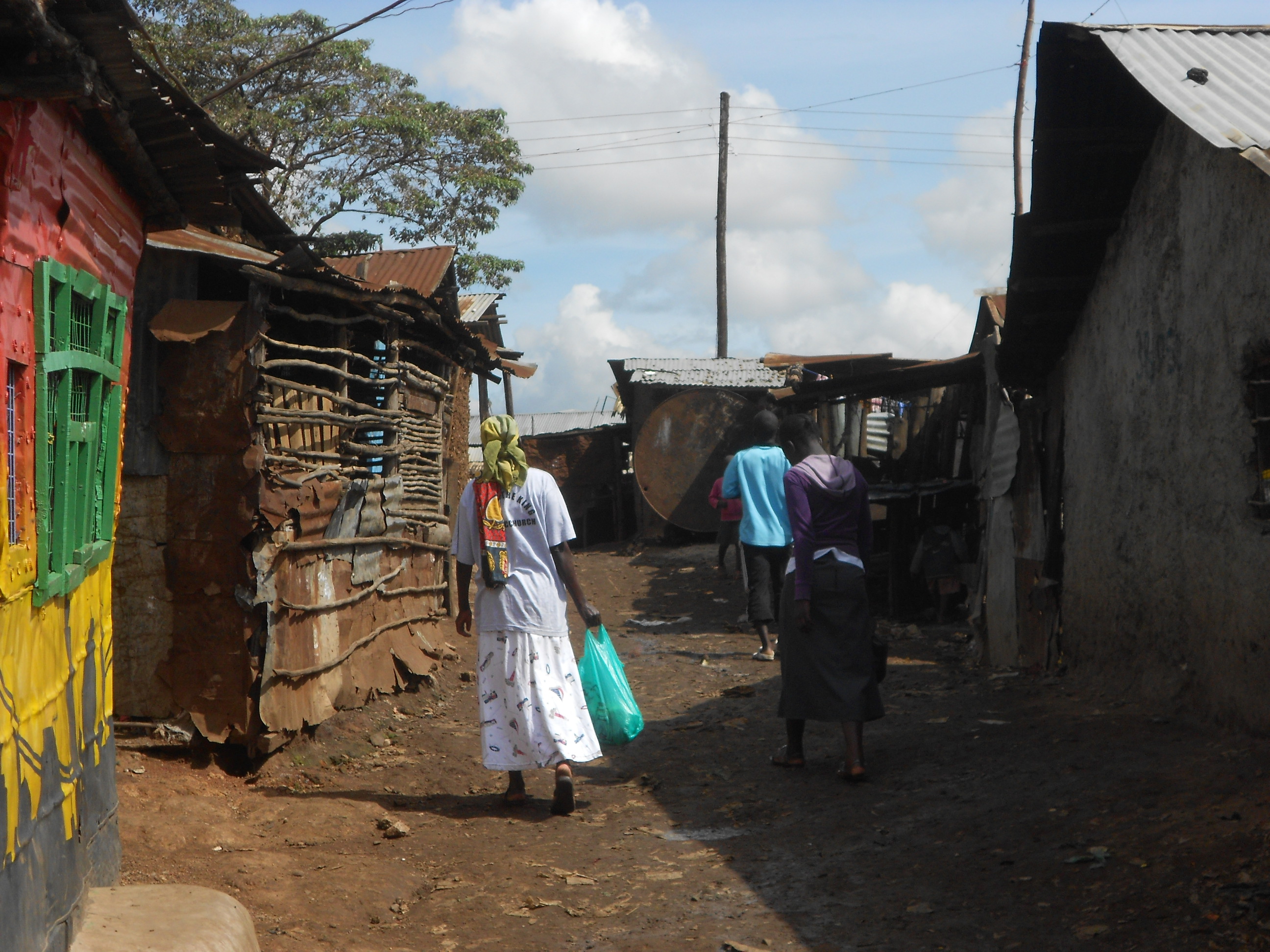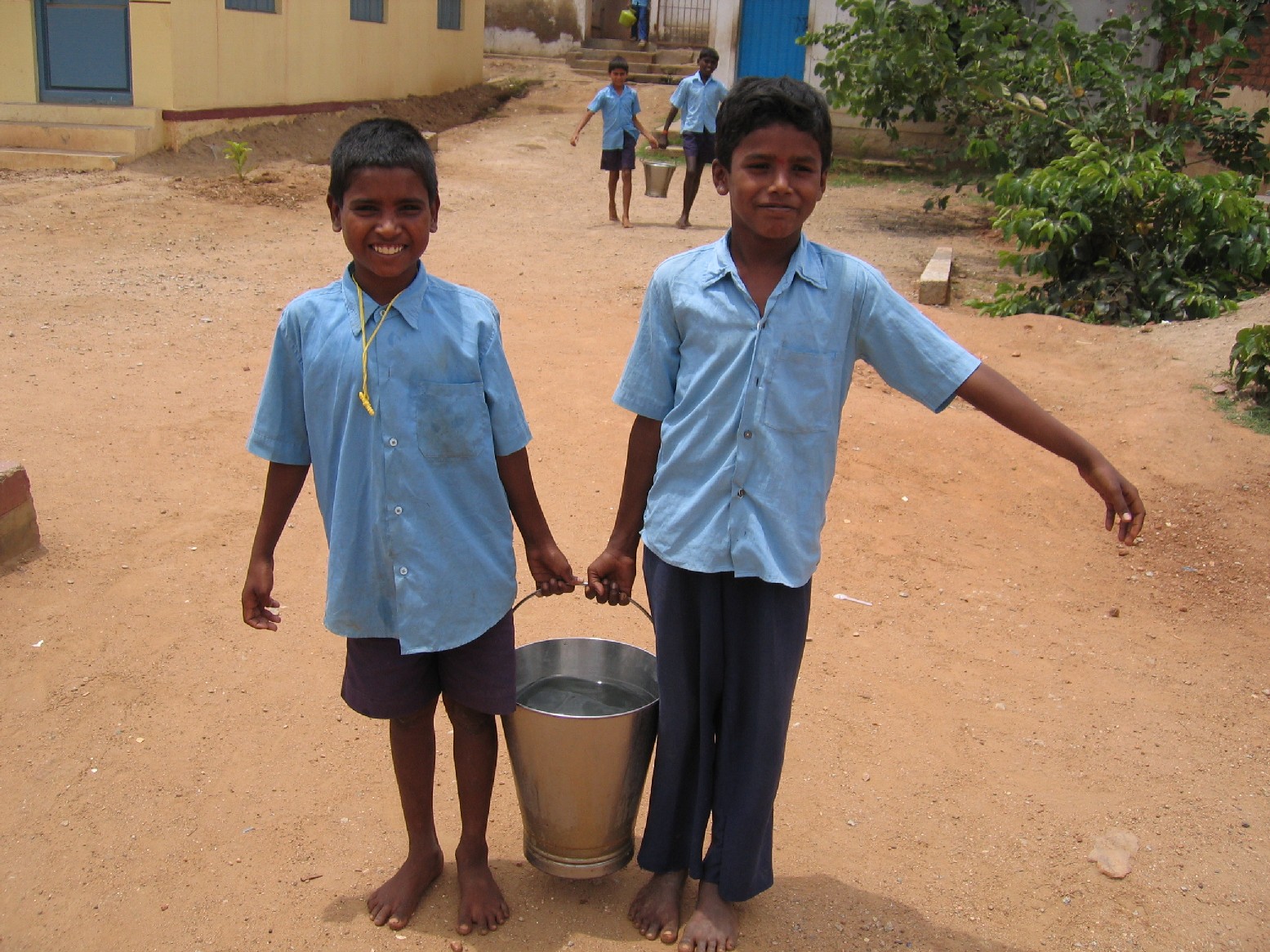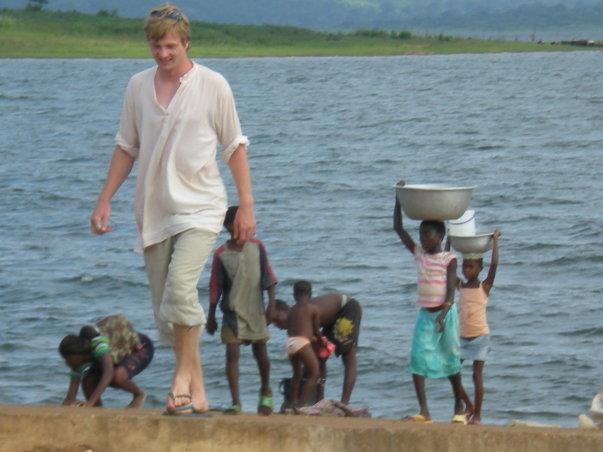
Category: Culture Shock


Getting Punched in the Mouth Abroad
The boxer Mike Tyson famously said that “Everyone has a plan until they get punched in the mouth.”
Hopefully you won’t have to take a punch on your volunteering trip abroad.
But don’t be surprised if you find yourself struggling to reconcile your pre-trip expectations with the reality you experience on the ground.
In Delhi once, I asked a teen volunteer what her number one piece of advice would be for future volunteers. She said, “Prepare to be unprepared!”.
Before she left her parents’ home in the UK to volunteer in India, she felt she had prepared well. She talked to former volunteers, read countless books and websites, and watched videos.
Then she arrived in Delhi — and it felt like she “hadn’t prepared at all.”
It’s almost a guarantee — in your early moments in the host country, you’ll quickly forget all of the reasons you went there in the first place (to help others, have an adventure, build your resume etc.)
On my first volunteering trip abroad to Nepal, my own expectations for my trip were rattled before I even left the runway in New York!
On your own trip overseas, the sense of reality differing from your expectations may take different forms:
- The insane traffic, dust and noise out on the street
- The strange customs and food at your host family
- The disorganized nature of the volunteer work
The question is, how will you react when your expectations are crushed – when you get “punched in the mouth” abroad?
I believe that the way you answer this question is the key to your having a “successful” trip.
Some of the typical bad “answers” I’ve seen from volunteers include:
- Getting depressed and withdrawing to one’s room
- Asking mom and dad to intervene
- Commiserating (& partying too much) with other foreigners
Fortunately though, most of the volunteers in my programs over the years have reacted positively to their expectations while abroad.
How?
First, take a look at this short video I shot in Ocean City, New Jersey.
That’s Bailee, my parents’ dog, running around the beach. A hunting dog chasing sea birds along the water’s edge. Totally in the moment, no past, no future; dealing only with what’s in front of her (or above in the case of the birds!).
Now, I read recently that some scientists say that it’s impossible for humans to “live in the moment.”. That our brains are simply wired to always think about other things — including the past and future — no matter what we’re doing.
Still, I believe there are some strategies and techniques you can try while abroad, in order to stay-in-the-moment like that energetic dog above:
1. Lose your expectations. Walk off that plane in the host country with zero expectations. Deal only with what’s in front of you – the people, places and situations. Don’t compare any of them to home.
2. Breathe. Take 6 to 10 deep, slow breaths per minute for 10 minutes each day. You’ll get an immediate reduction in stress (with a lower heart rate and blood pressure).
3. Yoga. Ever met a stressed-out yogi? Didn’t think so! (here’s the yoga DVD I’ve been doing for years).
4. “THE”. Stop the runaway thoughts in your mind by saying the word “The” out-loud. It should jolt your brain back to what’s in front of you. (“Serenity Now” can work too!)
5. Smile. Studies have shown that forcing a smile decreases stress.
On a less existential level, try to be the practical person who’s helpful, instead of a lump who sits around complaining:
- See that shy kid in the corner at the orphanage? Go read a book to her.
- That nurse who needs assistance with a patient? Offer to help her.
- Your host family’s neighbor have no food today? Buy them a bag of rice.
To me, those are the actions of volunteers who know what it means to live in the moment abroad, without worrying about their expectations for their volunteer trip abroad.

Leave Your Values at Home
When you volunteer abroad, you will probably have your first “I’m not in Kansas anymore” moment very early on in the trip.
It might go something like:
> A school teacher whacking a misbehaving child with a bamboo stick.
> Your taxi driver offering a marriage proposal.
> The Director not showing up on your first day volunteering at an orphanage.
One volunteer in Ghana wrote to us:
My values and belief systems were confronted daily in Ghana and I had to reconsider things that I had taken for granted. I don’t know if I’m more worldly as a result, but it definitely changed the way that I view societies.
Say What?
Perfectly nice locals in our host countries will often ask seemingly intrusive questions about your appearance, marital status, religion, education level, and income.
Your host family will not understand your desire to come-and-go as you please. They will have a strong paternalistic sense of responsibility for you and will get very worried if you are not home by sunset; they might call your mobile in a panic.
Thousands of pre-teen girls sell goods on the street everyday in our host countries (often in lieu of going to school). Yes this is child labor, but to her family the girl’s income is their only way buying food. Do you ignore the girls or buy from them?
Elders, especially in village areas, expect people to greet them by crouching down with their arms resting on their knees. In Nepal and India, you will even see family member literally kissing the feet of parents before going on a journey. Are you going to do the same?
What To Think?
First of all, understand that you are in a very different country now. You’re living and volunteering in communities abroad that have cultural practices, life experiences, histories, needs, infrastructure (lack of), and world views that are likely very different from yours.
You can either fight this type of reality or learn to adapt to it.
We strongly suggest the latter.
You have to accept the responsibility that comes with being a stranger in a strange land.
This is their house; not yours.
What To Do?
Here are some strategies for dealing with your new culture when volunteering overseas:
- Be humble and respectful
- Observe & Listen
- Be Inquisitive
- Ask Questions
- Do not judge
- Do not act offended by comments or questions
- Offer your help
- See yourself in others
- Smile
Oh, and how does Dorothy deal with her own culture shock in Oz?
I think she said something like, “There’s no place like Philly home…”
Let’s listen:
